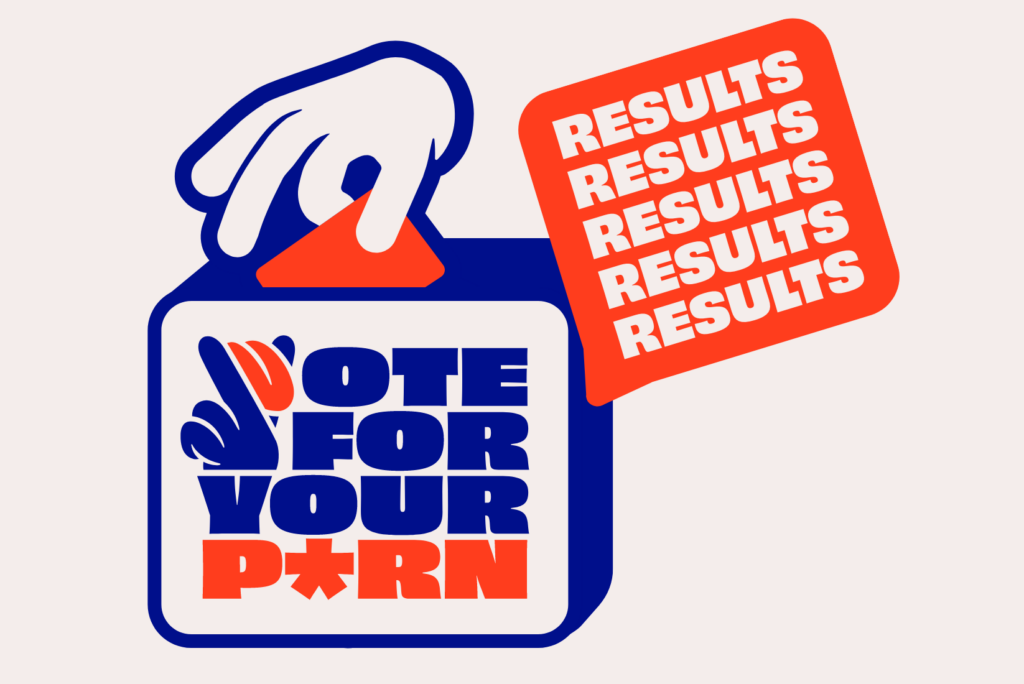What Does Sex-Positivity Really Mean?
First a little background. In the 1970s and 1980s, a divide referred to as the ‘feminist sex wars’ occurred between anti-porn feminists and sex-positive feminists. Emerging queer theory at the time also influenced the creation of the term. Issues around sex work, sexual identities such as transgender women, pornography, and BDSM created a split in the movement and ended second-wave feminism, heralding the beginning of the third wave.
In simple terms, we could look at sex-positivity stemming from a reclamation of autonomy and agency in one’s own sexual self and identity. And then in turn, promoting this on a social, cultural, and political level. Sex-positivity includes accepting the diverse, non-binary, cultural, and biological expressions of sexuality and gender in our world.
Carol Queen and Lynn Comella define sex-positivity as a “cultural philosophy that understands sexuality as a potentially positive force in one’s life [which] allows for and in fact celebrates sexual diversity, differing desires and relationship structures and individual choices based on consent.” But what can sex-positivity look like in our own lives?
Sex-Positivity is Not Synonymous with Having Loads of Sex
Living in Berlin provides a landscape of exploration. It seems that at any given moment, there is a play party, a sex club or a dark room ripe with sexual delights and discovery. But this can also lend itself to a feeling of overwhelm. Does being sex positive ONLY mean having copious amounts of sex, going to Kit Kat every week and hosting orgies in your living room?
Absolutely not. It is time to take the pressure out of being sex-positive and get curious about our unique way of experiencing pleasure and authentic sexual expression. Let’s agree that pleasure is a human right and a subjective and evolving concept. If we can show ourselves the compassion and acceptance in this, then we can offer it to others.
Being sex-positive invites you to a multi-dimensional view based on accepting all consenting sexual expressions existing in our world – including those who identify as asexual.


Sex-Positivity Begins With Self-Awareness
Recently, a friend of mine took a break from partnered sex. She simply didn’t feel like it anymore and gave herself the permission to own her sex hiatus. She trusted her needs and remained sex positive throughout her own self exploration.
Some of us might need resources in gaining awareness of our sexual selves. Karada House is a Berlin-based “queer collaborative art space that researches the boundaries, intersectionalities, and politics of body, art, and the multitude of interactions between them.” The collective offers online workshops, resources, coaching, and even a Discord channel for group discussions.
As someone who struggles with sex-positivity overwhelm and pressure, I recently took a workshop they offered called Sexercise For Pleasure. I had decided that being sex-positive meant first looking at my relationship to my own body positivity. In the comfort of my bedroom, I explored my body through mindful and loving scanning, movement, breathing, touch, taste, and smell. An open dialogue with the group helped me understand the spectrum of concerns and desires we all have as sexual and sensual beings. Afterwards, I felt a palpable awareness of compassion for myself and others on this journey of reclaiming our sexual selves.
For those who have experienced trauma that has directly affected their sexual and sensual embodiment, Karada House also offers coaching and resources to help. Due recognition and respect to people working through traumatic experiences directly related to their sexual agency also belong to the important aspects of sex-positivity. This is certainly not to be glossed over in sex-positivity discourse and definitions. And speaking of agency…
Consent is Key
A main component of sex-positivity is consent. Truly forming your ‘no’ as much as your ‘yes’ and extending this respect to others can be easier said than done. It is also important to understand hard boundaries versus more malleable ones. A good starting point can be journaling or inviting a trusted friend over for a conversation about consent.
Get curious:
- In sexual encounters, when and how do you feel safe?
- What are you really clear on about what turns you on?
- How do you turn yourself on?
- What is an absolute ‘no go’ for you?
- What fantasies do you have, but have yet to try?
- What role does active communication have in your sex life?


Bridging Sex-Positivity in the Personal to the Public Space
In talking with my friend who I believe embodies sex-positivity, she sums the movement up as:
The onus is on us to explore our desires, orientation, and identities in an honest, albeit compassionate, way. Instead of using sex-positivity much like a fashion statement, we can educate ourselves first on how sex-positive we are with ourselves. And in turn, extend this acceptance and respect to others.
References:
- Queen, C., & Comella, L. (2008). The Necessary revolution: Sex-positive feminism in the post-Barnard era. Communication Review, 11(3), 274–291. https://doi.org/10.1080/10714420802306783
- Sandström Beijer, Amanda. (2022, June). The Sub Who Became A Consent Coach. Playful Magazine, Volume 11, 35. https://www.playfulmag.com/









